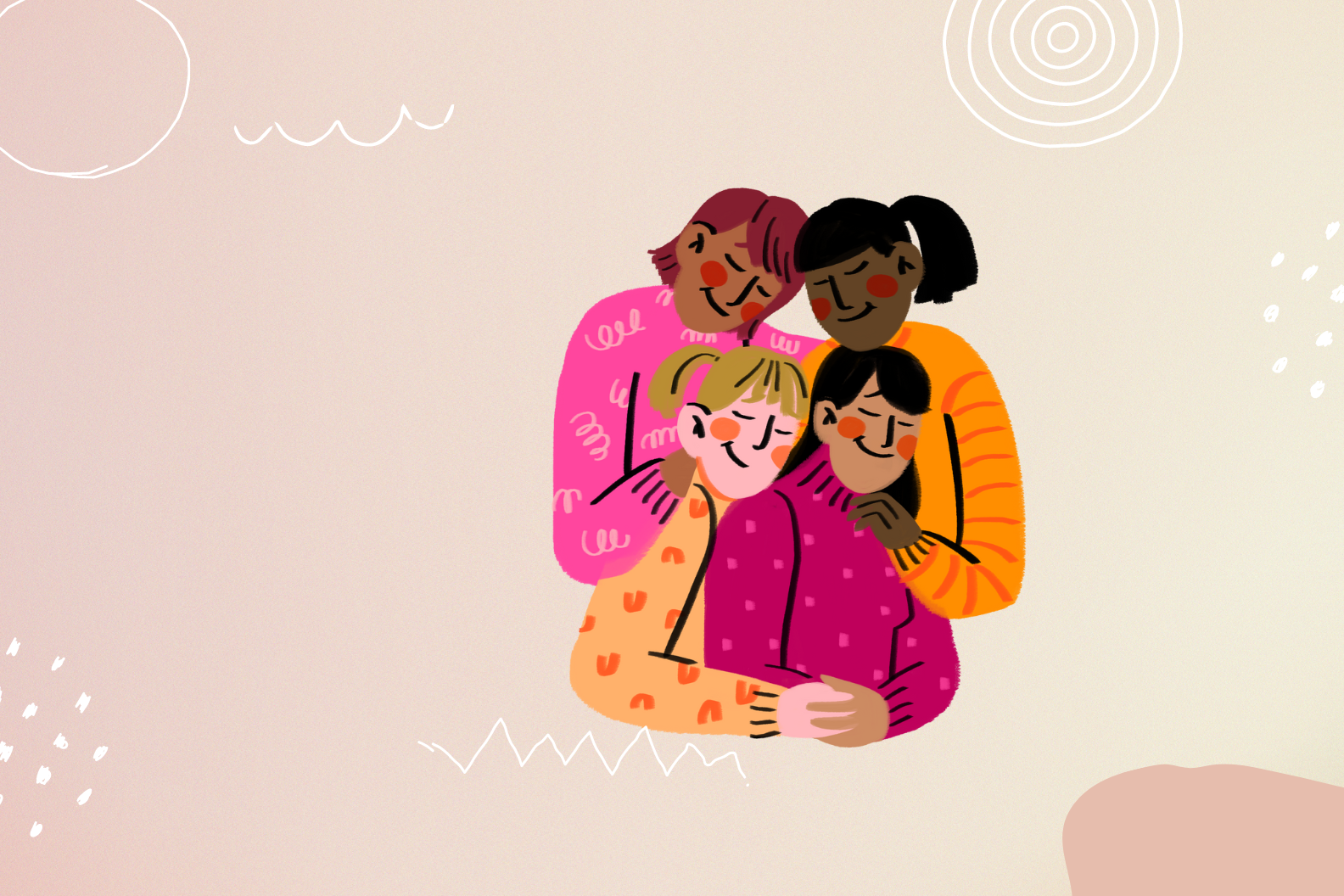As we talked, he shared how weighed down he felt by life’s pressures and how stuck he was feeling. He wasn’t vibing with his current friends and felt like his life wasn’t going anywhere either. He was itching to break free but was anxious about the potential drama and fallout if he walked away.
Despite only spending two months with this group of his friends, he realized most of them weren’t genuine friends, just acquaintances. Then he dropped a bombshell: “If I bailed and joined your friend group, could I count on your support?”
Sometimes, a simple conversation can reveal so much about someone, transforming your understanding of them.
Thinking too much is tormenting yourself
The ancient Indian Vedic texts once stated:
It’s human nature to seek pleasure, so selfishness leads people to prioritize themselves first, then their bodies, and finally other things. That’s just how people are, and it’s hard to change.
Instead of constantly trying to impress others and act like a people-pleasing clown, why not take a moment to reflect? Ask yourself honestly: What brings you true happiness?
Only you can save yourself
Emotional management isn’t about doing it for others; it’s a personal imperative for everyone. It’s about taking responsibility for oneself while showing consideration for those around you.”
When anger peaks, resist the urge to reach for your address book or fire off text messages impulsively. Avoid immediate confessions. Though venting may bring temporary relief, it can corrode relationships over time. Unfiltered emotional outbursts not only burden others but also expose vulnerabilities, potentially leading to regrettable repercussions down the road.







